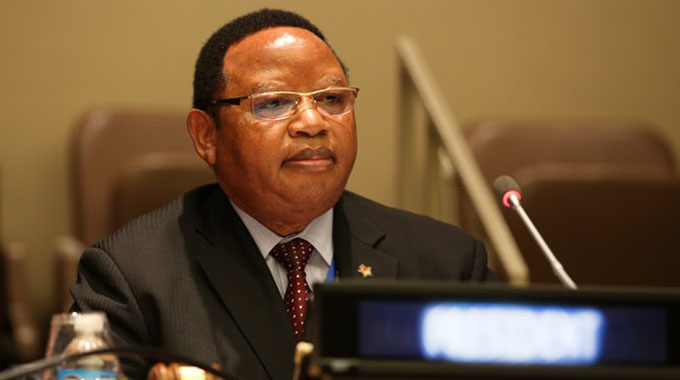Black Friday: Shoppers’ hopes dashed

Herald Reporter
Most shoppers in Harare were left disgruntled after their anticipation of heavy discounts on numerous products turned-out to be a fallacy, as most retail outlets did not reduce prices on Black Friday.
Although some retail outlets had placed promotional advertisements on various media platforms, it did not turn out to be a reality to most shoppers as prices were reduced only on expensive commodities, which remained beyond the reach of many.
Black Friday is associated with massive discounts on various products in retail outlets.
“We have failed to note any difference as prices of many goods were not changed. We expected retail shops to have reduced prices, especially on clothes and shoes and other related items.
“It was however, the other way round, as most goods were being sold at usual prices,” said shoppers who spoke to The Herald.
Some people who spoke to the Herald complained of lack of disposable incomes to purchase the items, even at reduced prices.
“We do not have enough to spare and buy the items even at reduced prices. Some shops demand United States dollars that we do not have.
““Things are expensive. Some of the shops did not reduce the prices as we expected, as they want to catch up with lost time during the lockdown period.
“This is not the Black Friday we were expecting considering the hype it was being given,” said Mr Peter Muchena.
Mrs Dorothy Manda said: “Most shops are asking for payment in foreign currency, mostly US dollars. The exchange rate is going up on the parallel market and this makes the goods expensive if you have to purchase foreign currency first.”
A shopper in downtown Harare, Ms Maonei Kabasa said prices of groceries at the so-called tuckshops had remained largely unchanged as traders looked to cash in on the old prices.
“I think maybe it is because it is a foreign tradition. We only started hearing of Black Friday a few years ago and people in this country are still not familiar with it. From what I see, nothing much has changed in terms of prices,” she said.
The massive retail event originated in the United States of America around 1940 and was created to signify and celebrate the beginning of the holiday shopping season.
Other countries around the globe have since adopted it, including Zimbabwe.










Comments